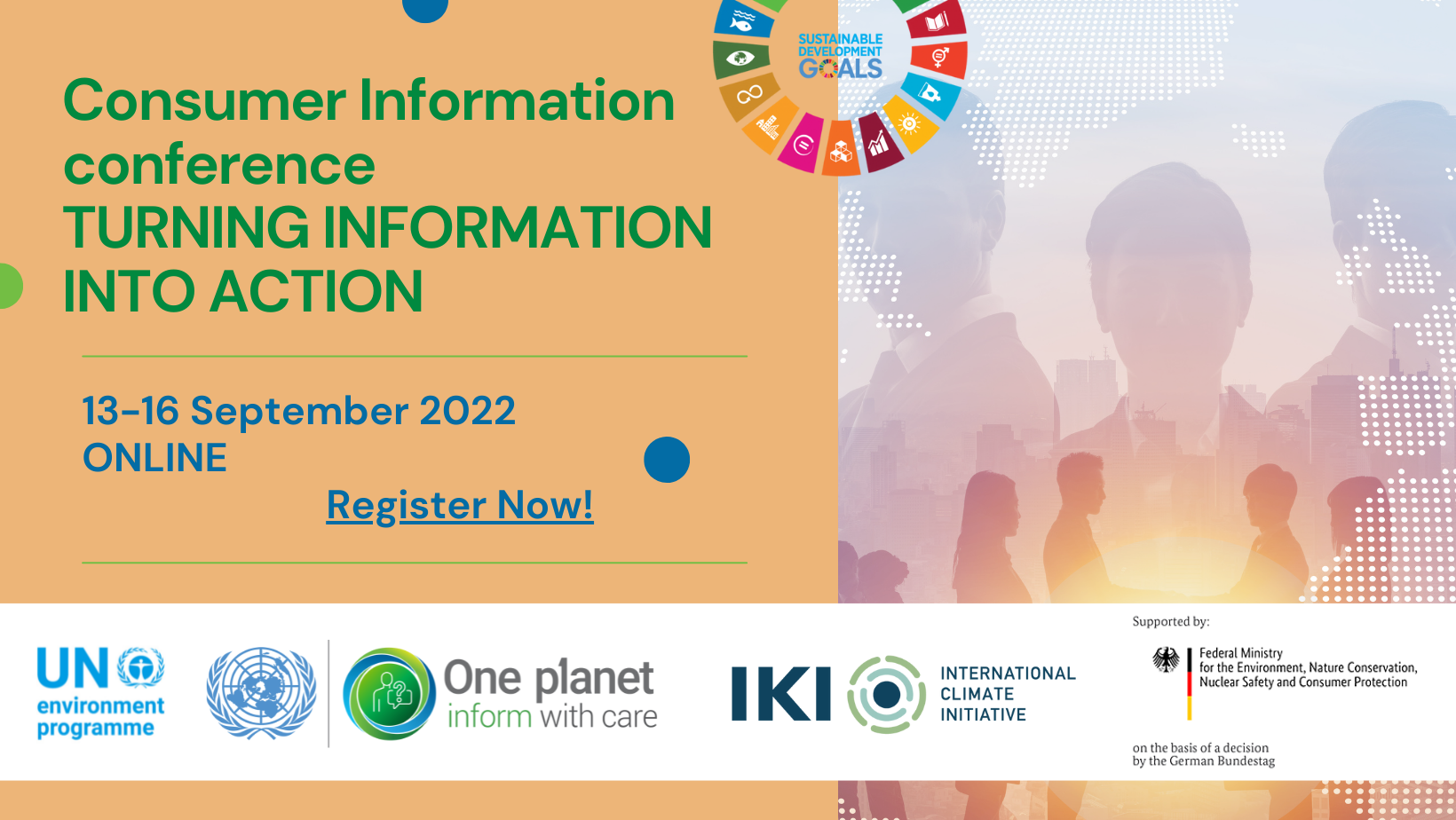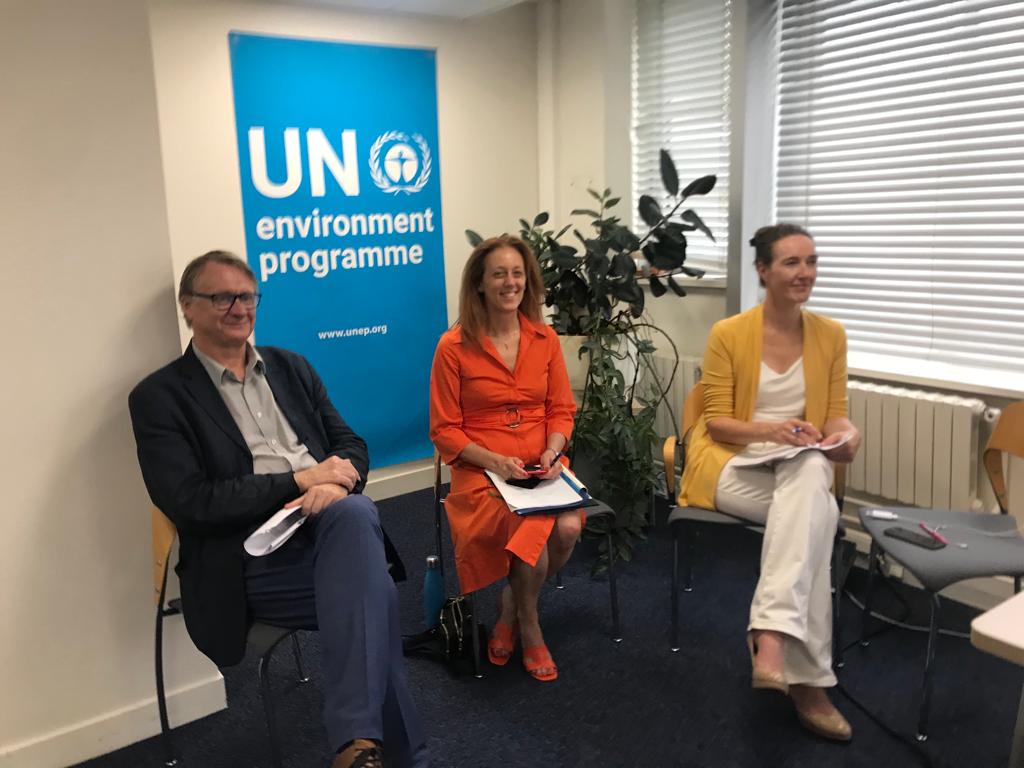WRAP Knowledge Base
The WRAP Knowledge Base includes an extensive library of information from the work that WRAP and the Product Sustainability Forum (PSF) has completed over the last few years with the grocery market.
The WRAP Knowledge Base includes an extensive library of information from the work that WRAP and the Product Sustainability Forum (PSF) has completed over the last few years with the grocery market. Its objective is to provide a collaborative space for those organisations interested in working together to quantify, communicate and reduce the life cycle environmental impacts of grocery products. It is also increasingly being used by industry and others to share new evidence, learning and best practice, including that derived from WRAP's Pathfinder demonstration projects.
WRAP's work as part of the PSF's research and innovation programme looked at the environmental impact hotspots associated with grocery products throughout their life cycle. From the original study, the list of products were narrowed down to what was considered the top 50 in the grocery sector (these products comprise approximately 80% of the GHG emissions associated with producing, transporting and retailing UK grocery products) and concentrated it efforts to further research these ‘priority products' in more depth. This number has recently been increased to 51 ‘priority products' and annual reviews may increase this further. The Hotspots were identified across the following metrics; Waste, GHG emissions, Energy, Water and Materials and split into 5 stages in the product's lifecycle: Materials and Agriculture; Packaging; Manufacture; Distribution and Consumer Use. This information is brought together to form the UK Grocery Sector map (attached as separate document). Other available resources found on the Knowledge Base include, a series of 'Action Plans' developed to provide a practical step-by-step approach to tackling specific hotspots across multiple environmental metrics using a range of potential solutions or 'impact reduction opportunities,- demonstrating how a business can build the internal case for change. They provide guidance on how to turn reduction opportunities into 'action'. There are also a number of 'Topic Guides' available, which provide further in-depth information on relevant topics and issues that are felt broadly across industry e.g. 'Engaging suppliers in sustainability'. Topic guides are short reports which explore their title topic providing insight on the following information; (1) issue overview; (2) opportunities; (3) implementation process; (4) benefits; (5) barriers and (6) examples of effective practice. The Knowledge Base includes information from a wide selection of sources, such as government and private sector-funded scientific research, product life cycle assessment and footprinting studies, market and CSR reports and insight, peer reviewed journals, eco-labelling and environmental product declarations and case studies. The Knowledge Base is able to collate all of these documents onto a single platform accessible to all. It can be modified and added to as more research and piloting activity takes place; or new evidence and information becomes available.External source(s)
Image


